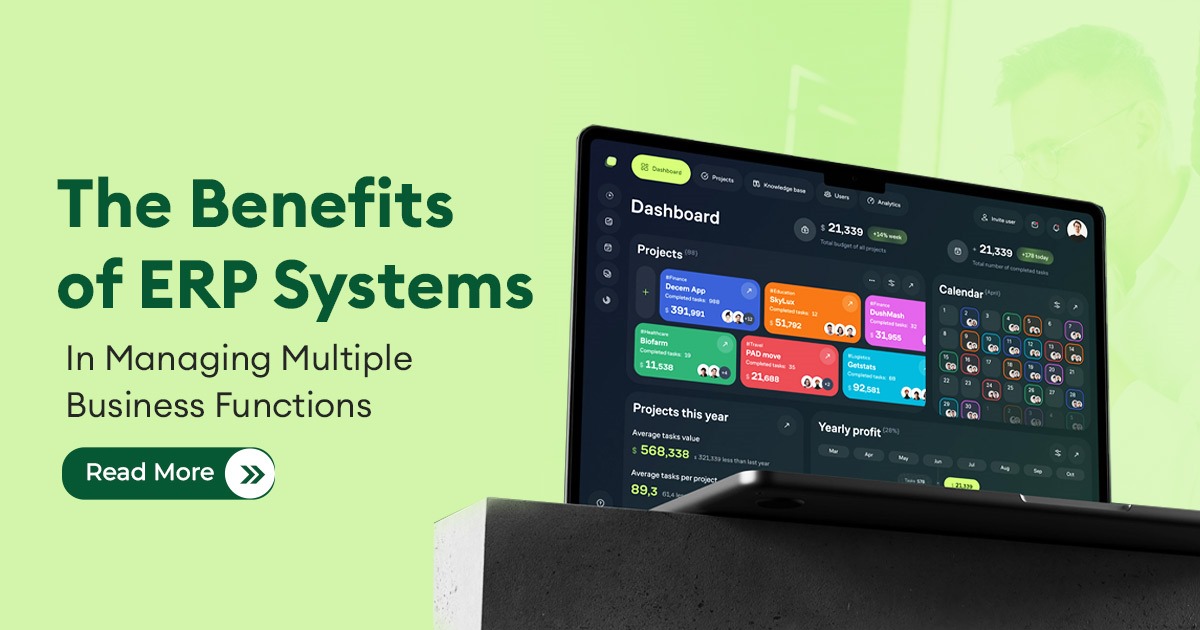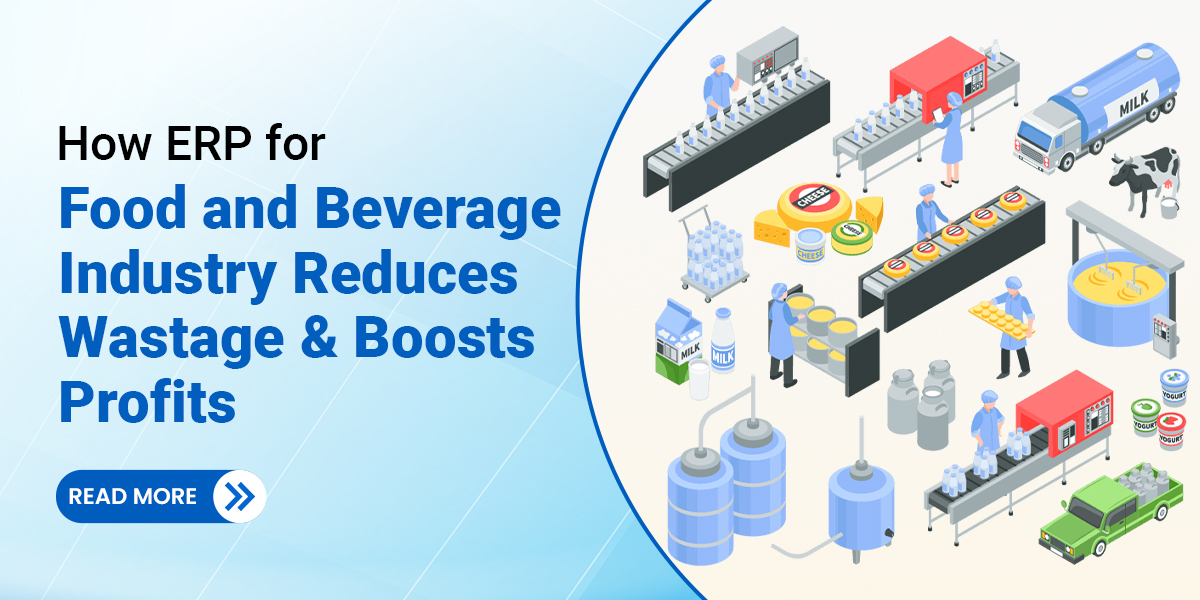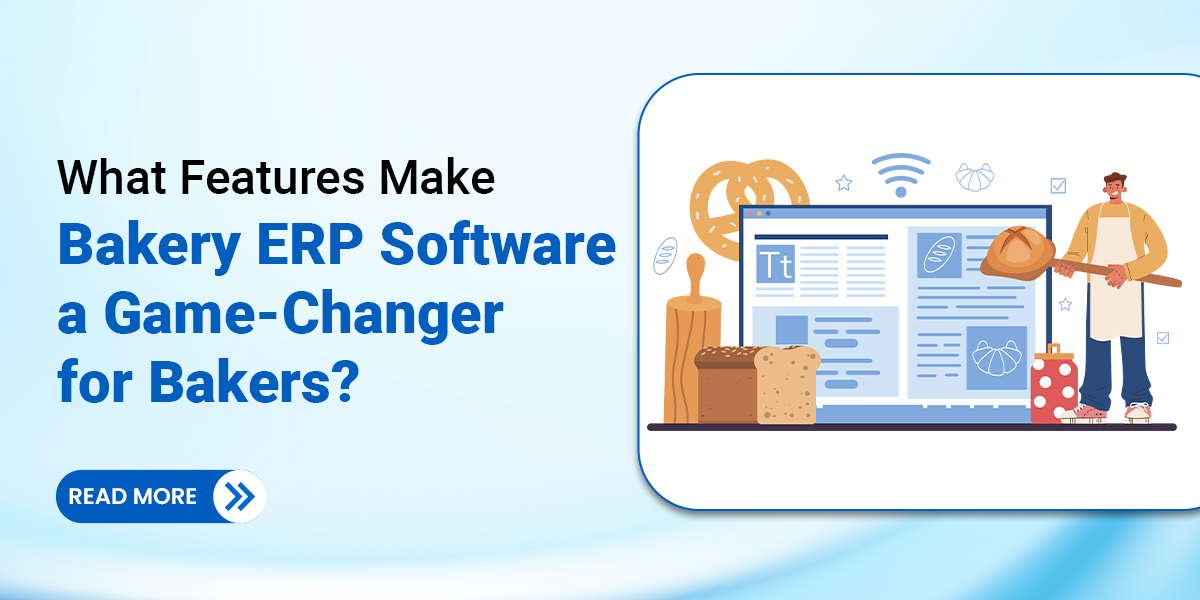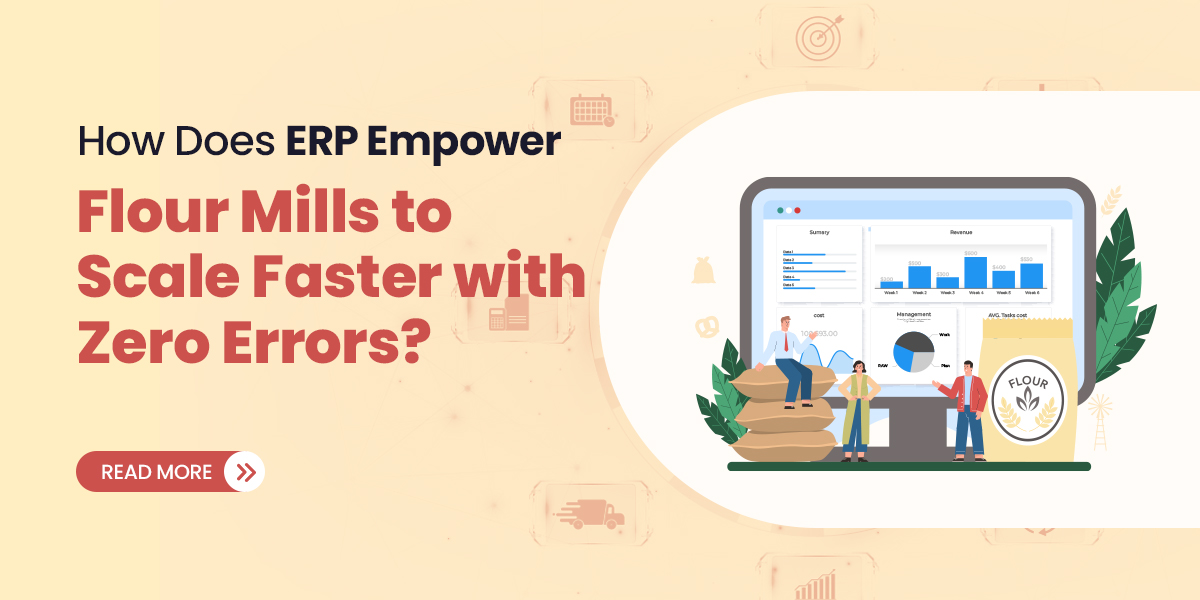Enterprise Resource Planning (ERP) systems serve as necessary tools for businesses that intend to unite multiple operational areas within a single system for management. ERP Software unites departments, including accounting with procurement management, alongside human resources and supply chain management, which results in operational efficiency improvement. These systems combine and eliminate multiple software solutions while removing manual processing to ensure business operations maintain a steady flow with real-time accurate data. Complexity in multi-function management grows for businesses, so they need ERP systems as essential tools to maintain operational efficiency and reduce operational challenges.
Enhanced Efficiency and Productivity
ERP systems gain their primary advantage through the automation of regular tasks that deliver substantial efficiency improvements. Organization processes, including data entry, invoice handling, and inventory control, take up a lot of time because they remain manual procedures that also introduce human errors. Employees benefit from the automation of ERP for business management since these processes free them from repetitive tasks and allow them to concentrate on more valuable duties. The system’s simplified operations eliminate time wasted with delays and operational hurdles so that all departments work at peak performance. More efficient operations through ERP systems let organizations reach their targets at a higher speed while accomplishing tasks with better effectiveness.
Better Data Management and Reporting
A real-time database is the core functionality of ERP systems, which gather and manage business information across all departments. A centralized database solves data silo problems, enabling the entire organization to view current information simultaneously. Enhancing consistent data quality enables businesses to develop detailed reports that deliver important performance insights. Real-time information stored within these systems creates valuable data points that assist managers in selecting evidence-based choices for resource distribution along with advancing accurate understandings of future market directions. The reporting system enhances regulatory compliance by reducing operational risks plus penalties, which leads to fewer disruptions.
Cost Reduction and Financial Control
An ERP Software implementation allows businesses to reduce their expenses because it enhances operational performance and minimizes unnecessary costs. Better resource planning together with inventory management enables companies to minimize pointless expenses and decrease overhead costs. The automated financial management functions enable expense tracking while budget control and accounting optimization provide detailed financial status information. Organizations reduce operational expenses by using one interconnected business system because they remove the requirement to maintain multiple software subscriptions, which leads to improved financial control.
Improved Customer Service and Satisfaction
ERP for business management boost success through customer relationship management by allowing fast, secure access to customer data. The system provides workers with immediate access to customer interfaces together with past transactions and support demands, which enables them to manage inquiries quickly. Accurate inventory management and personalized customer servicing, along with expedited order completion, enable companies to strengthen their bonds with their patrons. Higher levels of service delivery result in pleased customers alongside stronger brand commitment that serves as crucial elements for sustainable business growth.
Scalability and Adaptability
The process of business expansion necessitates an operational system that can evolve with increasing needs. Businesses can extend their operations through ERP systems without needing time-consuming system restructuring to handle added business functions. Business expansion through new market penetration and employee growth along with product increases will find seamless support from an ERP system. ERP systems create organizational flexibility which positions businesses optimally in market competition thus becoming a necessary long-term investment for continued success.
Conclusion
ERP systems perform essential management of various business functions through operation unification efficiency enhancement and decision-quality improvement. Businesses that deploy ERP solutions achieve enhanced operational efficiency besides cost reduction and improved customer service parameters, leading to lasting organizational achievement. Centralized data management enables automated processes to enhance business growth and innovation through operational efficiency improvements. A business that needs operational enhancement and productivity improvement should implement an ERP system. You should evaluate ERP provider Global Infocloud as your solution for digital marketing requirements.




